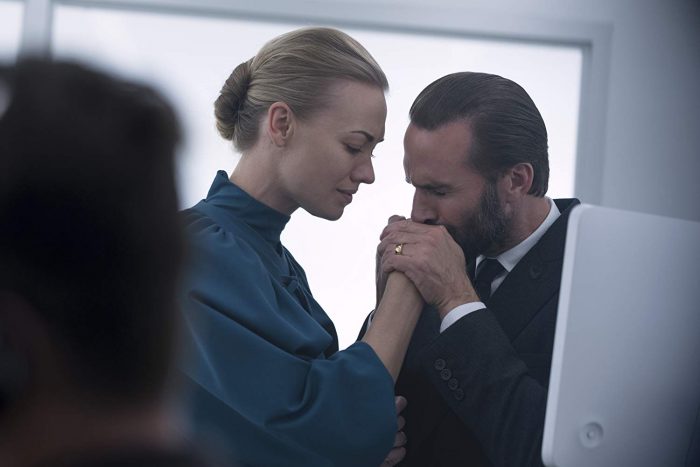What is the difference between fawning and codependency, you ask?
This may sting just a little bit.
Fawning is a defence mechanism based on a fear response of not wanting to escalate a threatening situation. Codependency is an addictive behavior not to drugs or alcohol, but to a person. And yes, toxic is toxic.
The term codependency was originally used to describe the ties between an addicted person and their partner and children. Peter Walker stated that, “the child becomes parentified and instead of being a child they become as multidimensionally useful to the parent as they can: housekeeper, confidante, sounding board, surrogate parent of other siblings.”
And that is a profound example of where codependency begins. From a distance, codependency can look a lot like unrequited love.
Codependents are great listeners, supportive, kind, always putting other people’s needs in front of their own needs. They do not explore their own needs or desires.
Their life is sorted into who they can take care of, to the detriment of their own physical and mental health.
“No,” is not in their vocabulary and, “I’m sorry” may as well be written on the back of their t-shirt.
There is nothing admirable about one deriving one’s identity from how much dysfunction they can tolerate. Nor is it honorable to give someone permission to hurt us.
Codependency is an addiction, in and of itself.
One sign of being addicted to relationships is the habitual leaning toward rescuing another, and often enabling dysfunctional relationships. With that habit comes the “high” of trying to repeatedly save those who refuse to save themselves. We all know how well that works.
Codependency sobriety is a motherf*cker.
We can remove ourselves from places that serve alcohol, we can stop associating with our dealer, or stop driving by the casino. Sure, these things are hard as hell to do. But removing our attachment to our loved ones?
It is hard to get away from life to emotionally sober up from this particular vice. We ask ourselves what if. What if those we are addicted to, or who are addicted to us, blow up and hurt someone? What if they can’t cope? What if they lose their job, fall apart? What if they mean it this time, when they say that they are going to end it all?
What if. The two words that set off every codependent’s alarm system. Fawning.
And just like trying to endure an excruciating detox, many of us go right back to operating from a place of survival that tells us, “Stay here. This is what we know.”
Yes it is uncomfortably comfortable, but at least it’s more comfortable than the unknown pain up ahead. It’s the devil we know.
So, yes, there is a link between fawning and codependency and it is this:
Fawning is a response to fear. Codependency is a distorted reply to love—toxic love, but still love to begin with.
Fawning is adaptive, innate, a primal instinct. Codependency is maladaptive, and in many ways a choice. An effed up choice, but still a choice no less.
I’ll stand up right here, like at an Alcoholics Anonymous meeting, and say it out loud publicly: My name is Christina and I am a recovering codependent.
Once we know our codependency is a choice—an addiction to conquer—we have the power to make different choices, by engaging the rational thinking that our fear response does not allow for.
We have the power to make choices to set stronger boundaries; to refuse to tolerate, enable, or excuse behavior that hurts us or others; to stop sipping the dang Kool-Aid and get up from the table.
And here’s what happens: either that person will respect you for taking a stand, or they will accuse you of abandoning them, betraying them, not caring. It’s usually the latter. At least at first.
It comes down to one really simple thing—accepting the cold, harsh reality that we can save no one but ourselves and owning the hell out of that realization.
Stop looking for people to rescue in order to numb your feelings and boost your sense of worthiness.
It’s a bottomless pit of unending sacrifice. It’s not noble. We don’t respect people who don’t respect themselves.
Get off the dang cross that you keep nailing yourself to, and start by admitting you have a problem—trying to be a savior.
Then you can work to change the only person you can. Yourself.


 Share on bsky
Share on bsky





Read 21 comments and reply